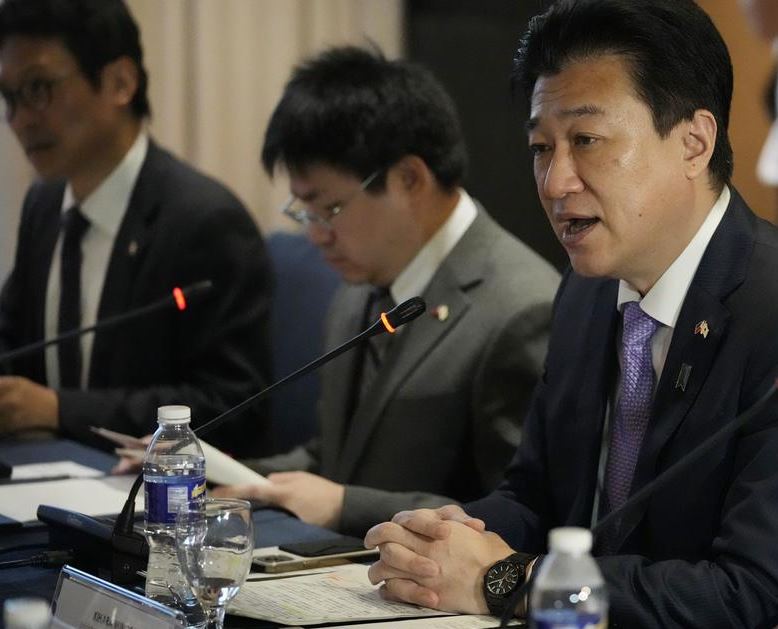Strengthening Regional Defense Cooperation Japan and the Philippines have solidified their bilateral defense relationship with the signing of a pivotal defense pact on July 8. This agreement allows Japanese forces to engage in joint military exercises, including live-fire drills, in the Philippines—a move aimed at enhancing regional security amid growing concerns over China’s assertiveness in the Indo-Pacific.
Key Details of the Defense Pact Dubbed the Reciprocal Access Agreement, the pact permits Filipino forces reciprocally to conduct military exercises in Japan. The ceremonial signing, overseen by President Ferdinand Marcos Jr., signifies a significant step in bolstering defense cooperation between the two nations. The agreement is pending ratification by their respective legislatures before taking effect.
Strategic Implications Japanese Foreign Minister Yoko Kamikawa hailed the pact as groundbreaking, underscoring its potential to fortify defense collaboration crucial for maintaining a rules-based international order. Emphasizing the importance of regional peace and prosperity, Kamikawa expressed Japan’s commitment to working closely with the Philippines on security issues.
Bilateral Talks and Future Prospects Following the signing ceremony, Kamikawa and Japanese Defense Minister Minoru Kihara engaged in discussions with their Philippine counterparts to explore avenues for deeper defense ties. This agreement marks Japan’s first defense pact in Asia, following similar arrangements with Australia in 2022 and Britain in 2023.
Japan’s Security Policy Shift Under Prime Minister Fumio Kishida’s leadership, Japan has pursued a proactive security stance, including enhancing its defensive capabilities beyond traditional self-defense postures. This shift responds to regional threats posed by North Korea and China’s expanding military influence. Japan plans to double defense spending by 2027, aiming to rank among the world’s top military spenders.
Historical Context and Sensitivities The defense pact’s significance is not lost on Japan’s historical aggressions, particularly its occupation of several Asian countries during World War II. Despite historical sensitivities, Japan and the Philippines have progressively deepened their defense and security collaboration, aligning with President Marcos’ efforts to bolster national defense amid South China Sea disputes.
Regional Dynamics and U.S. Alliance Against the backdrop of escalating tensions in the South China Sea, where overlapping territorial claims involve China, the Philippines, Vietnam, Malaysia, Brunei, and Taiwan, Japan’s alliance with the U.S. assumes critical importance. The U.S., committed to defending its allies, including Japan and the Philippines, has reinforced its military presence in the Indo-Pacific region.
Security Concerns and International Response Recent confrontations, such as the aggressive actions of Chinese coast guard vessels against Philippine navy ships, have heightened regional security concerns. The international community, including Japan and the U.S., has called for adherence to international laws and peaceful resolution of disputes in the South China Sea.
Conclusion The Japan-Philippines defense pact marks a significant development in regional security dynamics, reflecting a strategic alignment in response to evolving geopolitical challenges. As both nations navigate complex historical legacies and contemporary security imperatives, the pact underscores a shared commitment to stability and cooperation in the Indo-Pacific region.
Soumya Smruti Sahoo is a seasoned journalist with extensive experience in both international and Indian news writing. With a sharp analytical mind and a dedication to uncovering the truth, Soumya has built a reputation for delivering in-depth, well-researched articles that provide readers with a clear understanding of complex global and domestic issues. Her work reflects a deep commitment to journalistic integrity, making her a trusted source for accurate and insightful news coverage.



